We Rely On A Multi-Channel Approach To Drive Traffic To Your Website, While Increasing Conversions And Building Brand Loyalty.
Without effective digital marketing, there is little chance that your business will grow or get new customers, which is why this aspect requires due attention.
Your website should be a major marketing tool in your business strategy, and the professional online marketing services we provide give you easy means to make the most of the rapidly evolving online marketplace.
Our Approach to Digital Marketing
We understand that different businesses come with different requirements, and that the same approach does not work in every case. Selling high-end jewelry, for instance, is not the same as promoting a new online game. With the aim of boosting brands online, our digital marketing strategy coupled with a creative approach ensures that we offer tailored solutions to meet every need. Building trust and confidence in our clients is important for us, and if you are looking for digital marketing services you can definitely benefit through our process-driven, methodical, and cost-effective approach.


Research and Planning
Ongoing research and planning are vital in the success of any digital marketing campaign. Our research gives us insight into a client’s vision, core purpose, goals, strategies, and needs. In addition, we spend time in narrowing down on your target audience, paying due attention to factors such as age, interests, household income, and education. By integrating market research into your short-term and long-term goals, we aim to increase engagement, build brand loyalty, and drive profits.
Search Engine Optimization (SEO)
We optimize your website to ensure it is indexed and ranked highly by search engines. A high rank attracts more traffic, translating to more sales. Besides, a highly ranked website is typically viewed as the most relevant on search engine result pages, and the business behind the site is usually believed to be reputable. Without the right SEO strategies, people interested in your products, services, or the information your site offers will have no means to get there.
Keyword targeting plays an important role in SEO. Our experts research and use keywords that lead to qualified traffic on your website. Most people specify what they are looking for in their online searches, which is why keyword research is a crucial part of the marketing process.
Keyword targeting plays an important role in SEO. Our experts research and use keywords that lead to qualified traffic on your website. Most people specify what they are looking for in their online searches, which is why keyword research is a crucial part of the marketing process.
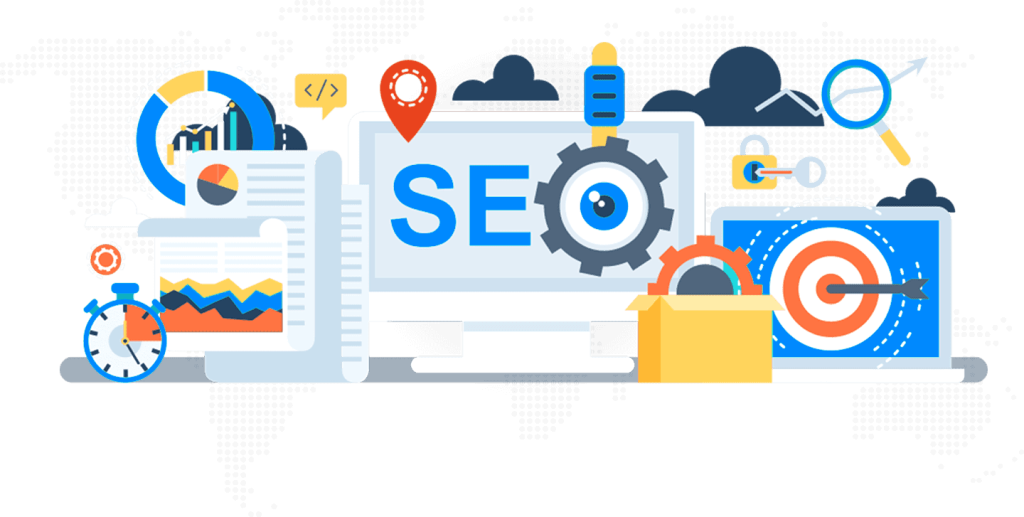
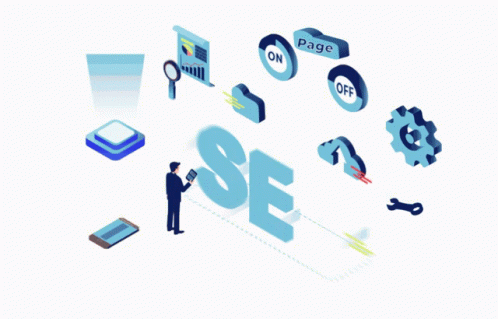
Local SEO
If you’re looking for SEO services in Long Island, New York, would you care about what some agency Europe or Asia has to offer? With some niches, promoting locally is the need of the hour, and spending on a larger audience may well be a waste. For instance, if you run a standalone bakery in Long Island, New York would it not make sense to limit your marketing efforts up to New York City? With our localized SEO campaigns, this is easy to accomplish.
Search Engine Marketing
While getting free organic traffic is at the heart of any successful digital marketing campaign, our team pays adequate attention to search engine marketing as well. We create customized ads for search engines by keeping your target audience in mind. The search engine marketing solutions we offer are scalable, so you may start small and increase spending when you see positive results.
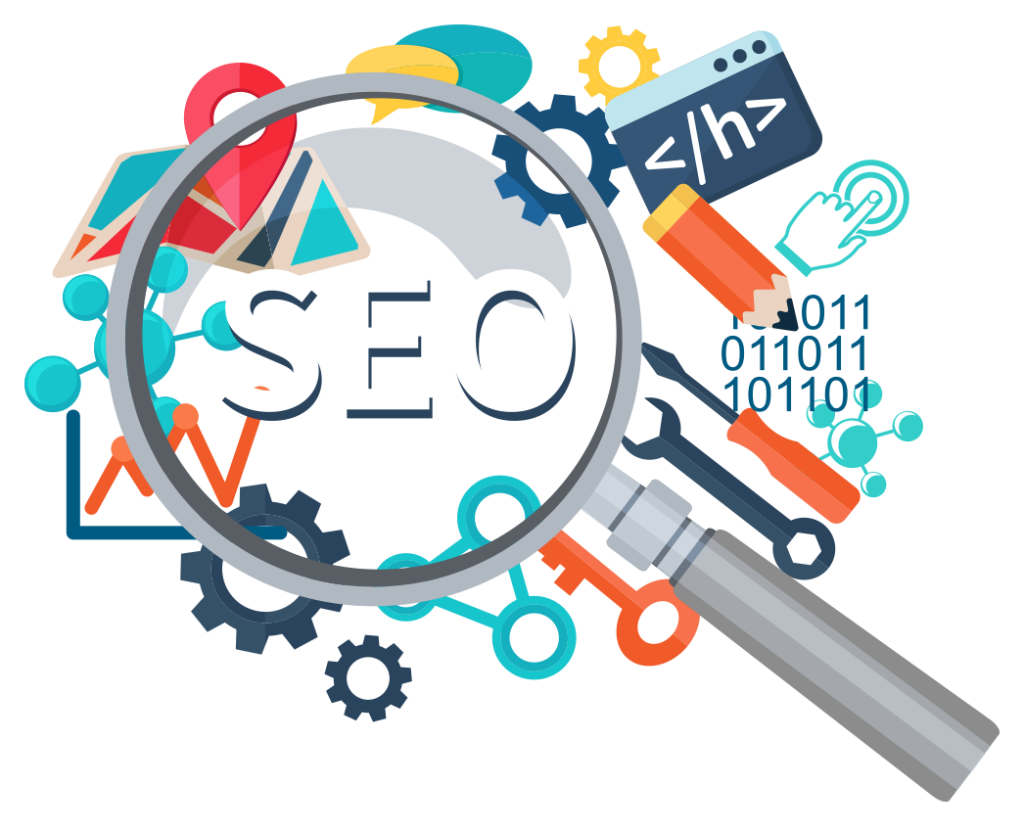
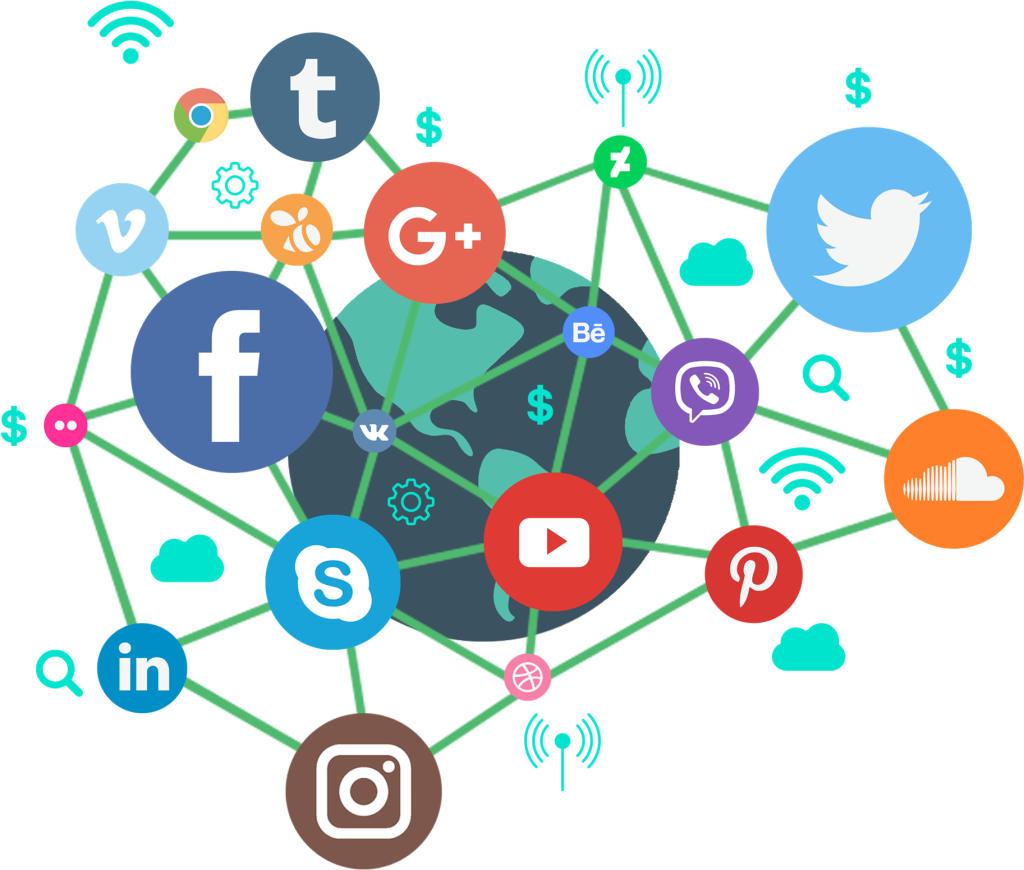
Social Media Marketing
Most consumers use social media to interact with family, friends, co-workers, and people with who they share similar interests. Our targeted social media campaigns give you an easy way to reach out to your audience and brand influencers, who, in turn, help spread the word. While the Return on Investment (ROI) with social media campaigns is near impossible to calculate our team tracks and quantifies results of all campaigns, so we get a better understanding of the strategies we should employ in the future.
Email Marketing
Our email marketing campaigns further your goals through relevant and targeted communication that keeps your audience in the loop through the entire sales cycle. Our strategists, developers, designers, and copywriters work in tandem to create and manage email marketing campaigns, while measuring and analyzing their efficacy as well.
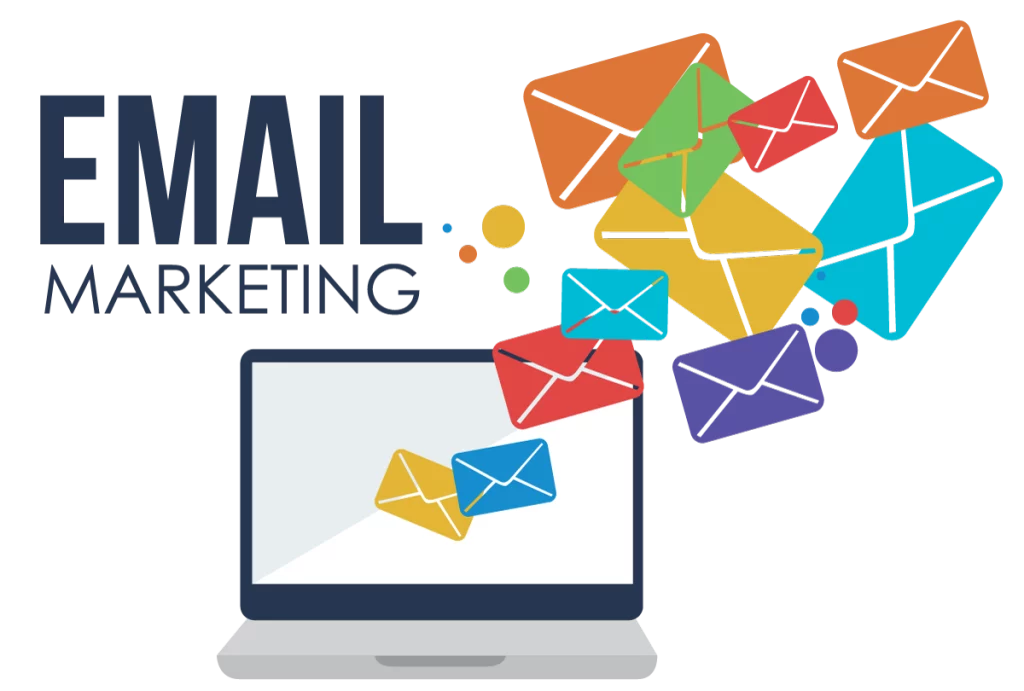

Content Marketing
Our aim is to create well-researched highly informative content that your target audience can find as and when needed. Creating sub-par content with the aim of driving traffic is passé. Now, you should be looking at creating content that users find engaging and persuasive, where every story is in place for a reason.
Link Building
Link building is the process of ensuring your website gets high quality inbound links that contribute to better ranking. Links are considered important by search engines when ranking sites, which is why our experts include this aspect in their digital marketing strategies.
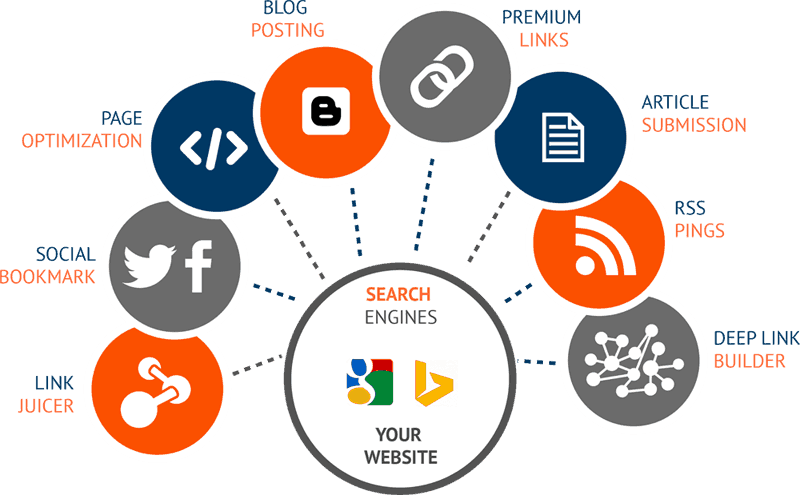
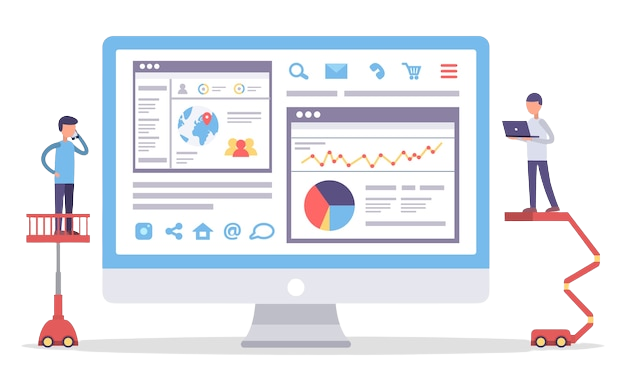
Measurement and Analysis
We find out how well a digital marketing campaign is doing by tracking, collecting, and measuring data. The data we measure and analyze gives us valuable insight into where a client’s ROI stands and what we can do to enhance performance in the future.
How We Deliver Effective Marketing Services
Our digital marketing services are backed by experts who spend enough time to study your business and its target audience. Our team comes up with a digital marketing strategy that works in attracting consumers to your website, and it does this by employing a range of tools and techniques. As one of the leading digital marketing agencies in Long Island, New York, we have just what it takes to take your business to the next level.

Ready To Boost Your Business Online?
If you are ready to start a project or have questions about our process, send us a message or call us. We will be more than happy to help.
Ready To Boost Your Business Online?
If you are ready to start a project or have questions about our process, send us a message or call us. We will be more than happy to help.
Get Quote 📃